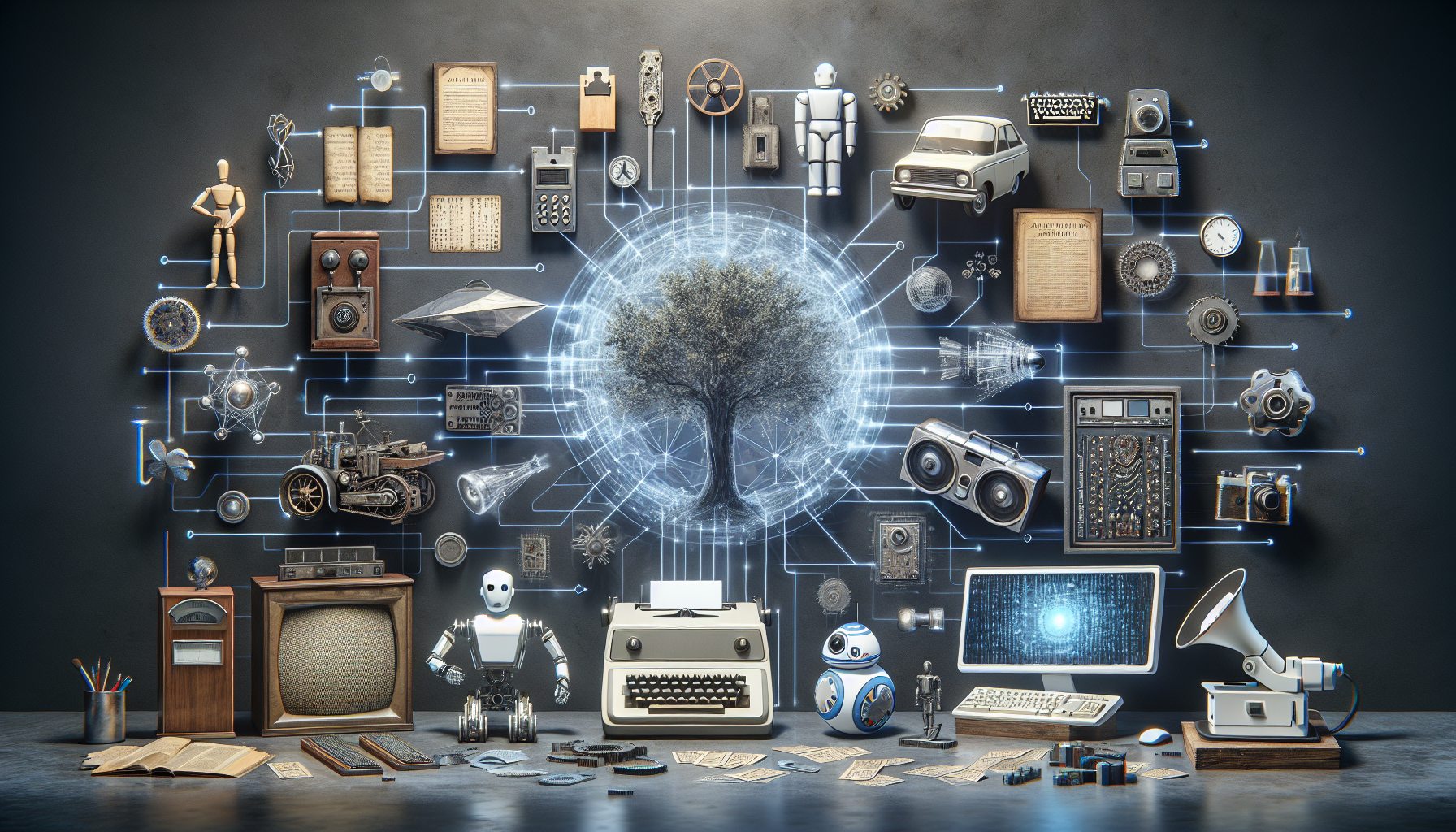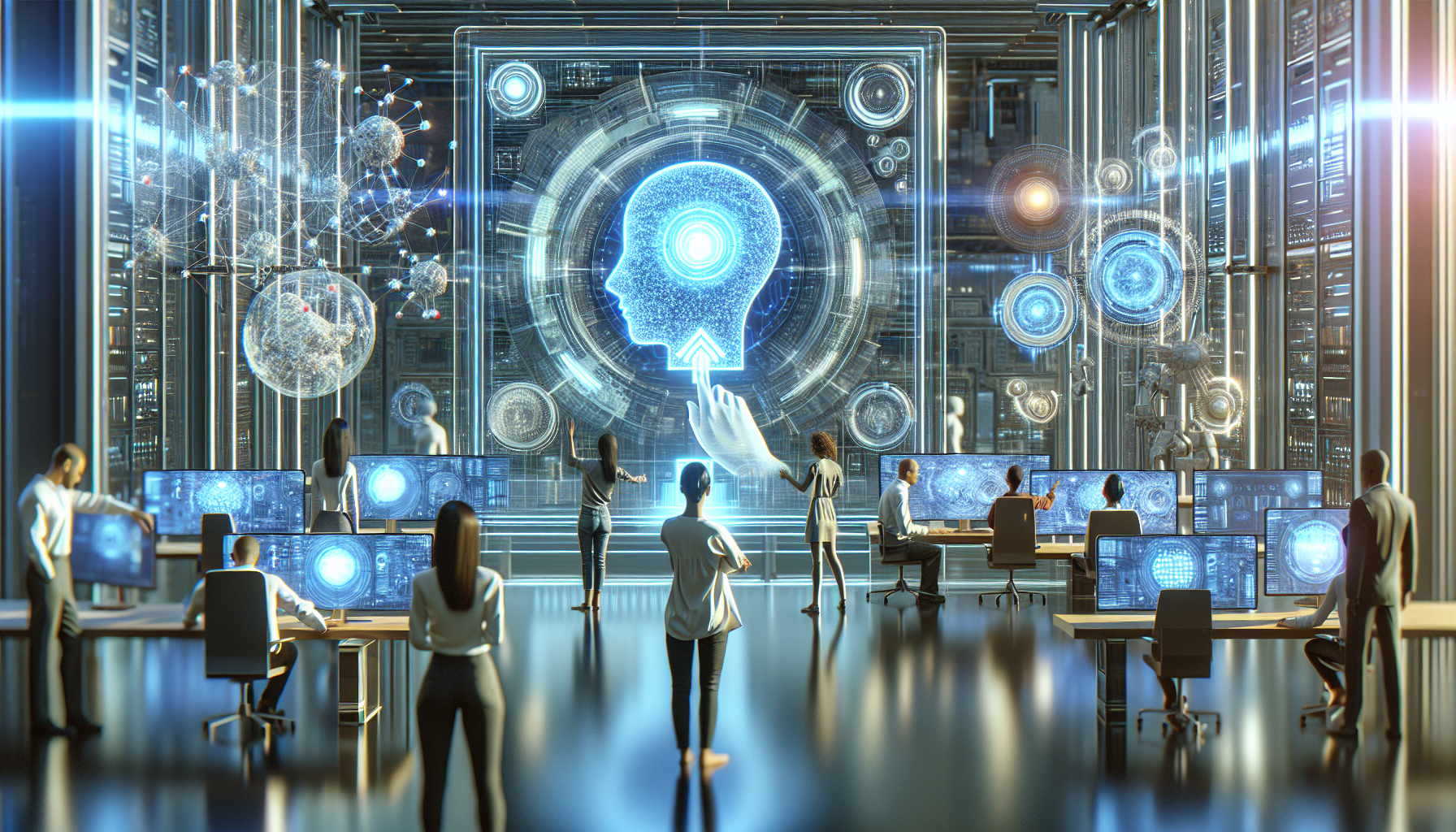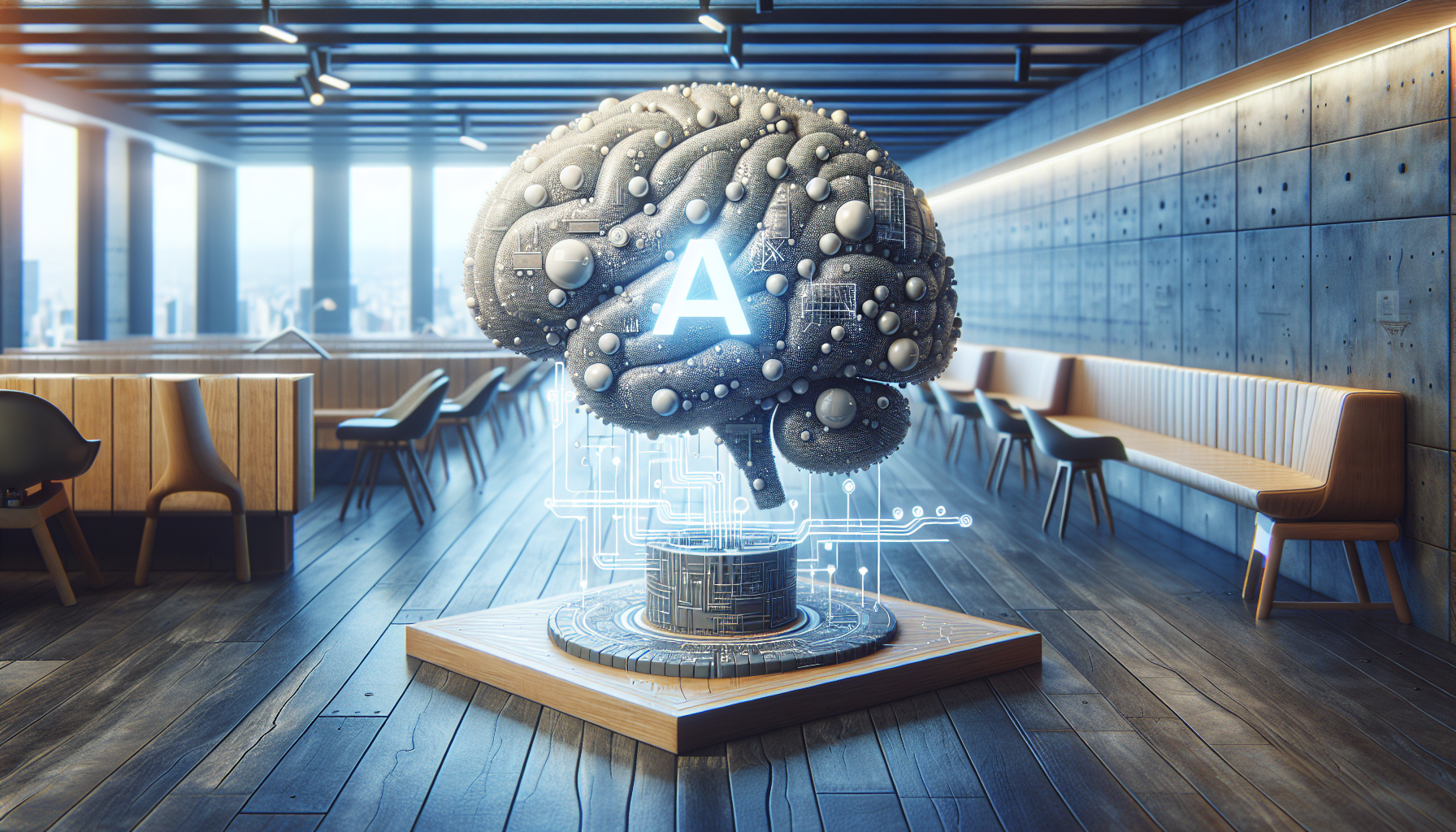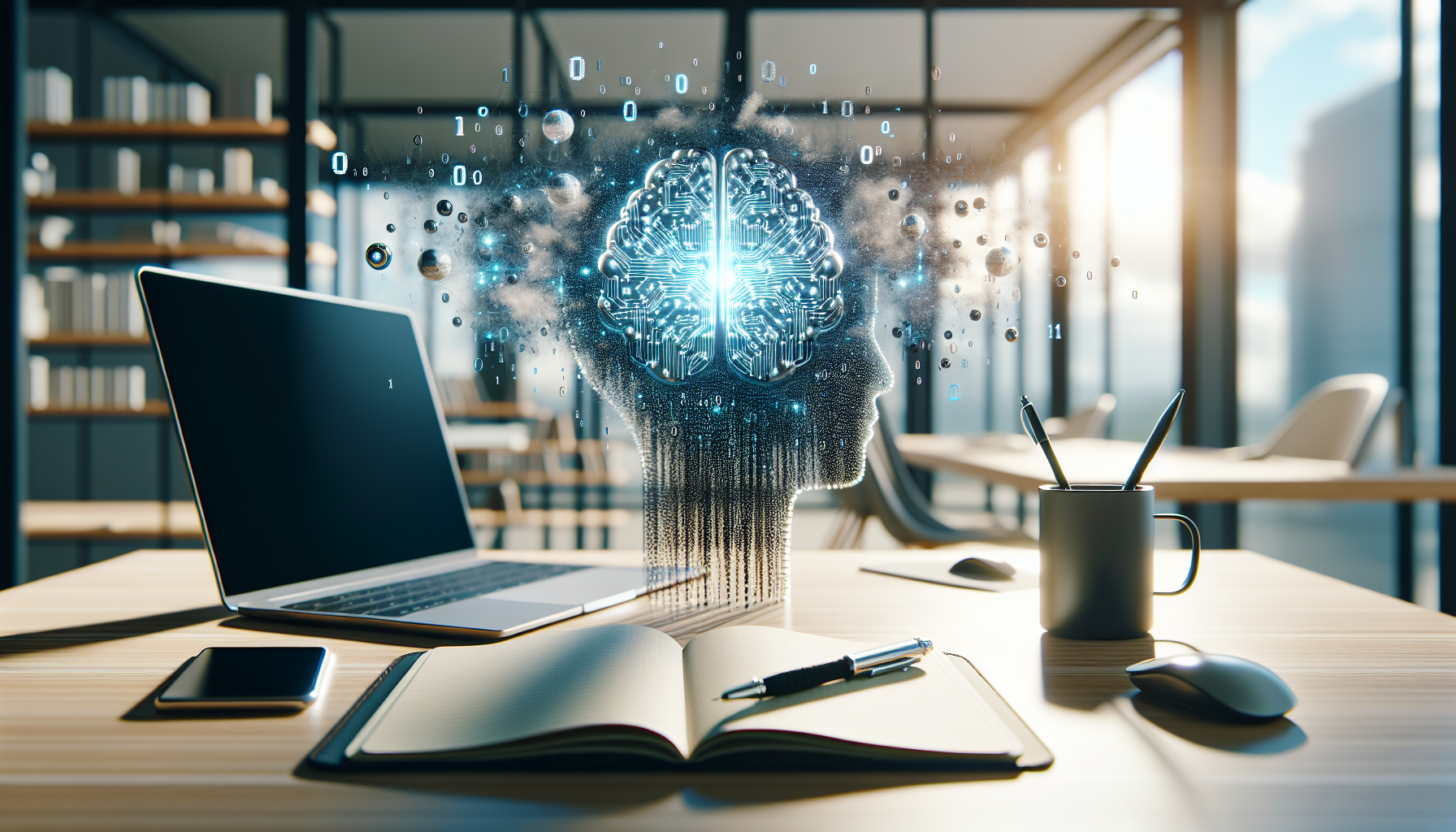
How AI Transformed Education: A Journey into Personalized Learning
October 20, 2025
Imagine a classroom where each student learns at their own pace, with a curriculum tailored just for them. It's not science fiction; it's the power of artificial intelligence in education. Let's take a stroll down memory lane to see how AI has revolutionized personalized learning, transforming the traditional classroom into an individualized learning experience.
In the not-so-distant past, education was a one-size-fits-all affair. Teachers stood at the front of the classroom, delivering the same lesson to every student, regardless of individual needs or preferences. For some students, this method worked just fine, but for others, it left them lost or unchallenged. Enter artificial intelligence, with its promise to personalize learning and cater to the unique needs of each student.
The journey began with the advent of computer-based learning tools. These early systems were rudimentary, but they laid the groundwork for something much more sophisticated. Initial AI applications in education were limited, often centered around simple tasks like grading. But even then, they hinted at a future where AI could do much more than just automate processes.
As AI technology evolved, so did its applications in education. One of the most significant developments was the creation of adaptive learning platforms. These platforms analyze a student's performance in real-time, adjusting the difficulty and type of content presented. This means that a student struggling with algebra can receive more practice problems and hints, while a student who excels can move on to more advanced topics without waiting for the rest of the class.
But how exactly does AI create these personalized learning experiences? It starts with data. AI systems collect a vast array of data points on each student—from their test scores and response times to the types of errors they make. This data is then processed using complex algorithms that identify patterns and predict what a student needs to succeed. The result is a dynamic learning path that evolves as the student learns.
An often-overlooked aspect of AI in education is its ability to foster engagement. Traditional teaching methods can sometimes struggle to capture the attention of digital-native students. AI addresses this by offering interactive and gamified learning experiences. Imagine a student learning history through a virtual reality simulation where they can "walk" through ancient cities or witness historical events firsthand. Such immersive experiences are not only more engaging but can also enhance understanding and retention.
Moreover, AI-powered tools have democratized access to quality education. Students from diverse backgrounds, regardless of their geographical location, can access world-class educational resources. This aspect of AI in education is particularly impactful for students in remote or underserved areas, offering them opportunities that were previously out of reach.
However, as with any technology, the integration of AI in education is not without its challenges. Concerns about data privacy and the digital divide persist. Educators and policymakers must ensure that the benefits of AI are accessible to all students and that personal data is protected. Furthermore, there is an ongoing debate about the role of teachers in AI-driven classrooms. While AI can provide personalized learning paths, it cannot replace the mentorship, inspiration, and emotional support that teachers offer.
Looking forward, the potential for AI in education seems boundless. Imagine a future where AI can not only adapt to a student's learning needs but also predict career paths and suggest extracurricular activities aligned with their interests and strengths. Or consider the possibility of AI tutors that provide instant feedback, available anytime a student needs help, ensuring that learning is not confined to the walls of a classroom.
As we ponder the future of AI in education, we must ask ourselves: How can we harness this powerful tool to create a more equitable and effective learning environment for all students? The journey of AI in education is just beginning, and it challenges us to think beyond traditional boundaries, to innovate, and to reimagine what learning can be in the digital age.


